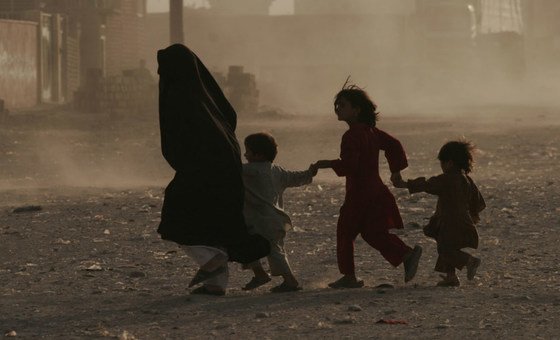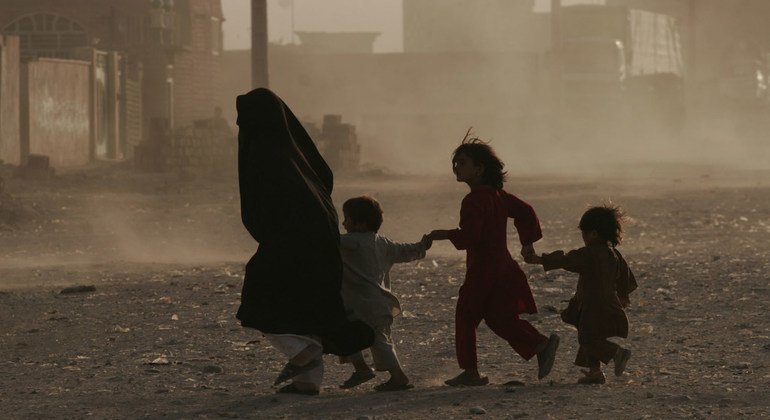
Briefing ambassadors in the Security Council, Roza Otunbayeva, Special Representative of the Secretary-General (SRSG), said that recent arbitrary arrest of Afghan women for alleged Islamic dress code violations was having a chilling effect among the wider female population, “many of whom are now afraid to move in public,” she said.
“The denial of women and girls’ access to education and work, and their removal from many aspects of public life, have caused immense harm to mental and physical health, and livelihoods.”
Qatar talks
Ms. Otunbayeva recalled the second meeting of national and regional special envoys for Afghanistan, held in Doha on 18 and 19 February.
While the de facto authorities chose not to attend, they welcomed the Secretary-General’s statement on the need for deeper consultations, she informed ambassadors.
“They explained that their decision to not attend was not a rejection of their stated desire to engage with the international community, but a reflection of their concern that they were not being treated as a full stakeholder in discussions about Afghanistan,” SRSG Otunbayeva said.
“They also stressed that consultations should be genuine and not merely a matter of the international community communicating its decisions to them,” she added.
Negative trends
Ms. Otunbayeva, who also heads the UN Assistance Mission in Afghanistan (UNAMA), further voiced concerns over “numerous negative trends” observed recently.
The Mission’s extensive monitoring and advocacy, including on human rights, has highlighted the denial of the civil, cultural, economic, political and social rights of the population, she said.
Notably, she highlighted the repression of women and girls, public displays of violence including corporal and capital punishment, a lack of inclusive governance, and the marginalization of minorities.
“It is true that day-to-day security has improved for millions of people since the Taliban takeover, but this has come at an enormous cost,” she said.
A persistent challenge
In her briefing, Ms. Otunbayeva stated that Afghanistan remains a persistent challenge for the international community.
With a history of instability, terrorism and contributing to 85 per cent of global opium production, the nation has also witnessed millions of refugees seeking refuge in neighbouring countries and beyond.
While the current state of relative stability deserves acknowledgment, it is crucial to recognize the substantial efforts made by the Taliban in curbing opium cultivation and combating Daesh, Ms. Otunbayeva said.
“But if the other issues I have mentioned are not addressed these achievements will not be enough to assure long-term sustainability,” she added.



